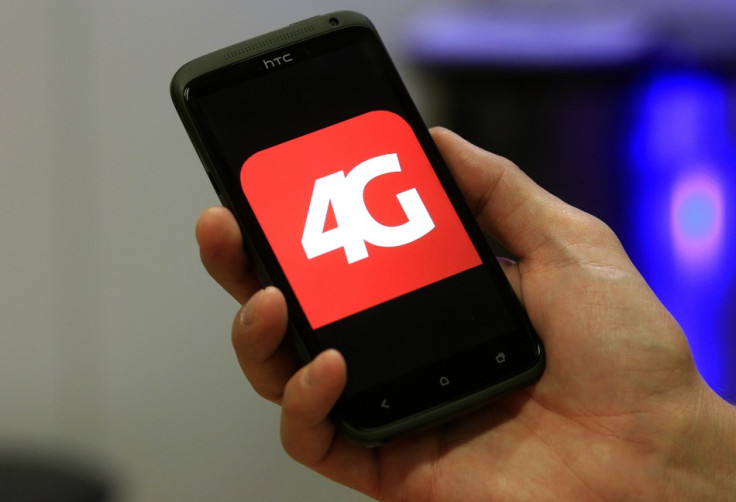National Audit Office to Probe £1bn 4G Auction Shortfall
The National Audit Office is to conduct an investigation into the low amount raised by Ofcom's auction for the 4G airwaves, which brought in £1.2bn less than the government had forecast.

The Guardian claims it has seen a letter in which the NAO's auditor general, Amyas Morse, told Labour MP Helen Goodman, shadow minister for media and communications, that an investigation into the money raised will take place.
A spokesman for the NAO later confirmed to IBTimes UK that it wrote the letter, but will be investigating regardless of Goodman's involvement, adding the NAO is "working on the scope of the study," before formally announcing it.
Morse is reported as saying in the letter: "I intend to conduct a value-for-money study of Ofcom's recent auction of the 4G spectrum."
The Office for Budget Responsibility had forecast £3.5bn to be earned from the 4G auction, which concluded earlier this year, and this figure was included in the government finances in the autumn statement last December, contributing to the chancellor George Osborne being able to claim government borrowing was falling.
Goodman has previously complained to Morse, indicating that the government had not made maximising revenue a main aim of the 4G auction, which saw Vodafone, EE and other networks bid a total of £2.3bn for use of the airwaves, significantly less than the £22.5bn raised by the 3G auction in 2000.
The shadow minister for media and communications welcomed the NAO's intervention, according to the Guardian: "It is entirely right that the National Audit Office has launched this investigation.
"Serious questions must be answered as to why the Conservative-led government ended up £1bn short of the estimate George Osborne had provided just months earlier. When the 3G auction took place, Labour ensured that maximising revenue was an objective. The Conservative-led government did not do the same for the 4G auction, which I believe was a serious mistake."
An element blamed for not maximising revenue from the 4G auction is a rule stipulating winners need only pay slightly more than the second-highest bidder, similar to how bidding on eBay works. As a result, figures published by the telecom regulator Ofcom in March showed a potential total of £5.2bn, but this remained theoretical due to the eBay-style rule, which was used to make the auction harder to rig.
Known as "combinatorial clock," the auction process was criticised by some bidders, with one telling the Guardian that Ofcom "neither raised the amount that the government was looking for, nor did it ensure that spectrum found its way into the hands of everybody who wanted it."
Defending the auction process, Ofcom told IBTimes UK: "The 4G auction was a success, which will deliver the maximum benefit to UK citizens and consumers - in line with Ofcom's statutory duties. It will create competition, with five companies able to launch competitive 4G services...The auction was designed to promote competition and ensure coverage, rather than to raise money. These benefits will deliver significantly more value in the long term to the UK than simply the revenue raised in the auction."
Once they go online later this year, 4G services from Vodafone and others will join EE in providing mobile internet speeds much faster than what is possible through the current 3G network.
© Copyright IBTimes 2025. All rights reserved.





















